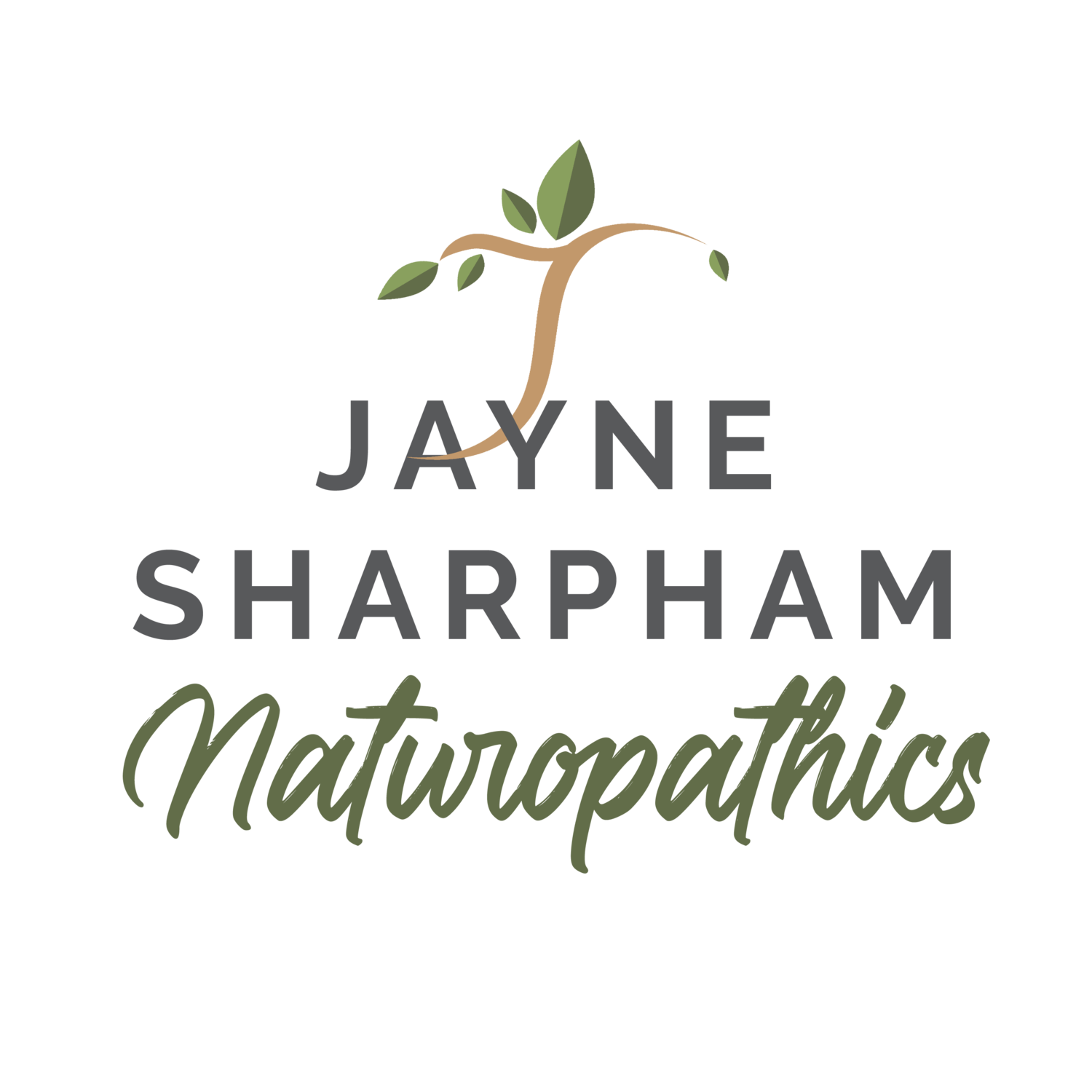Post Natal Mental Health Support
Parenting is such a joyous time, but it is also incredibly tiring and difficult at times. Women may be sleep deprived, they may have had a difficult labour or they may have a very unsettled baby. They may have a pre-disposition to anxiety, fatigue, thyroid issues, iron issues or depression and these factors may put them at more risk for issues with their post natal mental health. Having struggled in this area myself, it is something I am particularly passionate about. Please know there is help out there if you are struggling. You are not alone.
If you are struggling with energy, and brain fog, overwhelm, loss of confidence, anxiety and non refreshing sleep you may be suffering from “post natal depletion” and if you are struggling with all of the above and the some of the following things you may have “post natal depression”.
Please seek help if you are feeling any of the above or the following things-
Feeling tired all the time
Frequent teariness
Frequent sadness
Feeling numb
Difficulty sleeping
Obsessive thoughts
Feeling anxious
Weight gain or loss
Decreased pleasure in activities.
Start by chatting with your GP or your baby health care nurse. I am always happy to chat to you in clinic if needed too.
Post natal depression does not make you a failure as a mother.
Depression is more than just lack of serotonin. These may play a key role in why you feel down, but the underlying reason why it is low needs to be addressed. Having seen patterns with patients over the years I would recommend the following testing be done as a minimum to help you with your recovery as well as assessment of your diet and digestive health. These tests are also very important if you suspect “post natal depletion”.
full thyroid profile (I see thyroid disease missed often as part of a post natal picture). Post-natal hormones can impact on our thyroid health. Ideally we want to see your TSH sit between 1 and 1.5. Your t4 and t3 levels in the upper quarter in your blood work and low thyroid antibodies. Your reverse t3 needs to be in balance with your t3 levels. Things such as low iron or issues with your cortisol can affect this level, amongst other factors.
Zinc and copper tests, including caeruloplasmin. Copper may increase in a pregnancy and can impact mental health. Higher levels of copper in the body can interfer with our noradrenaline as well as dopamine production. Dopamine is our “motivation and reward” neurotransmitter. Zinc is needed to help make happy brain chemistry. These nutrients are like siblings. They compete and fight for space and need to be in equal in the body in order to be happy. Ideally we want zinc to be 15 umol/L and the ratio between the two minerals 1:1.
Vitamin D- ideally 80 nmol/L and the closer to 100nmol/L the better
B12 and folate.
Iron studies- ideally I would like ferritin to be 50 ug/L and the closer to 100ug/L the better.
Consider testing 12 hour salivary cortisol and hormones.
What can I do to help myself?
Ensure you are eating from all the food groups and having good quality protein in your diet.
Seek support don’t do it alone. We are not made to do this on our own.
Try and get outside and have walk, even if it’s just 15mins.
What can I take?
Best not to self-prescribe, especially if you are on antidepressants.
Ensure you are getting some sunlight daily (15 mins mid-morning or mid-afternoon) for Vitamin D
Consider a good quality magnesium supplement as this can help with stress and tension. Magnesium helps all the other minerals do their jobs and is used more easily when we are stressed. (avoid ones with magnesium oxide).
Consider a good quality mega B complex- ideally one with a more activated folate and B12. B6 is especially important for magnesium absorption and stress/women’s hormones.
Consider a zinc supplement (avoid ones with zinc oxide).
Consider a high-quality practitioner-strength herbal support to aid mood and/or adrenals. There are some good studies behind saffron and turmeric for helping mood and this is safe while breastfeeding. Many herbs are unsafe in breastfeeding so always check.
Try and get outside and have walk, even if it’s just 15mins.
Ensure your gut health is optimised. If you have been on antibiotics in your labour or after baby you may wish to consider a good quality probiotic.
Disclaimers and Phone Numbers for Support
The information provided in this information post is intended to be general information only and not specific health advice or treatment.
Always seek the advice of your registered health care provider with any questions or before beginning supplements.
If you or someone you know needs help for any mental/ emotional concerns call Lifeline on 13 11 14, Anglicare Northern Inland, Tamworth on 67018200 or Beyond Blue 1300224636.
For breastfeeding help please call the Australian Breastfeeding Association on 1800 686 268
Further reading:
“The Postnatal Depletion Cure” Dr Oscar Serrallach.
“Encouraging Mums with Hope” Nicki Jeffery

